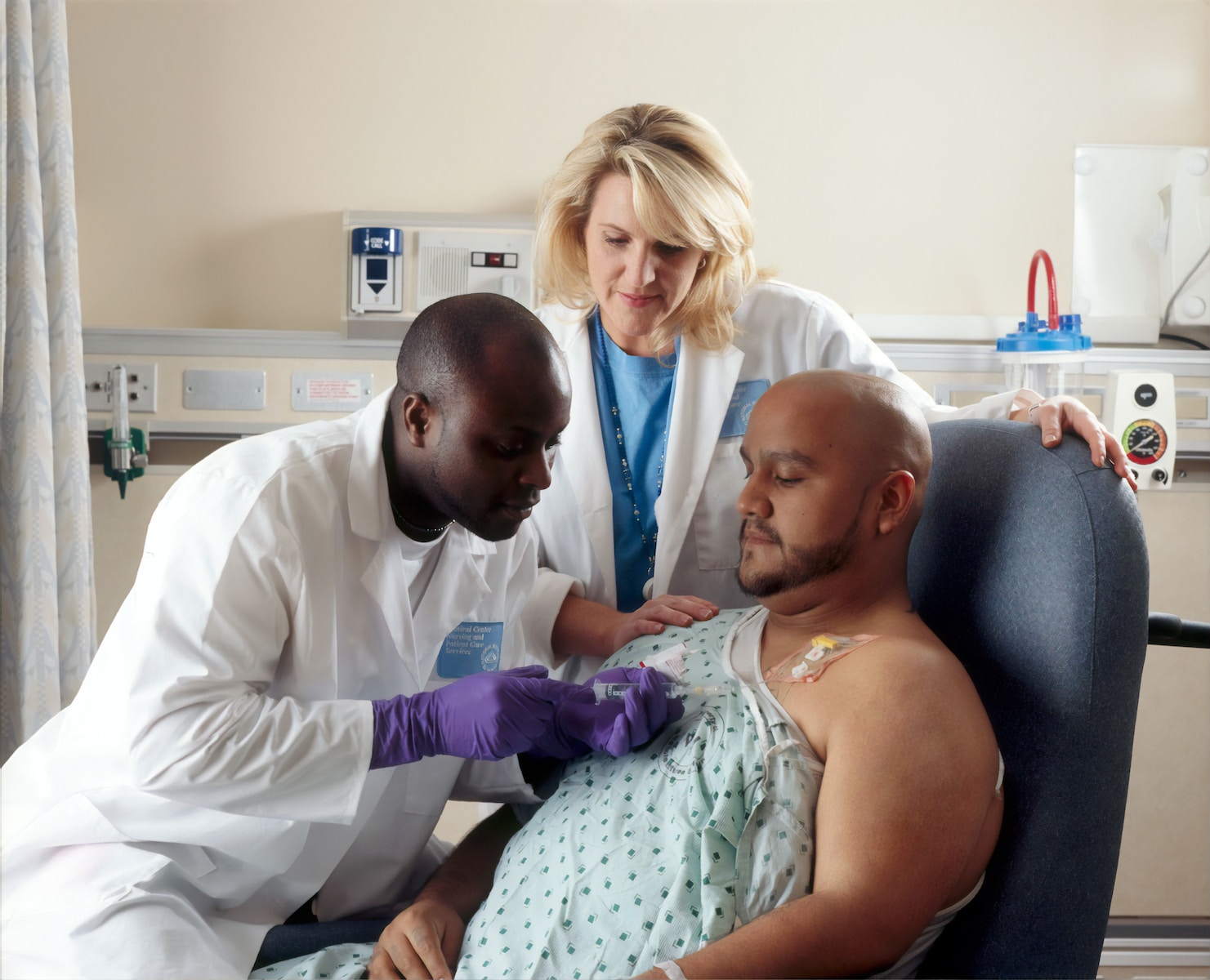Overview
A chronic illness like heart or lung disease can take a major toll on a patient’s health, including his or her physical fitness options. Exercise physiologists are the healthcare professionals dedicated to helping these patients get healthier by establishing fitness programs intended not just to tone, slim and strengthen, but instead to improve health indicators like flexibility and cardiovascular function.
One of the biggest differences that separate exercise physiologists, also known as kinesiotherapists, from fitness trainers is that they are part of the healthcare industry rather than the personal care industry. Exercise physiologists often collaborate with their patients’ doctors. They review their patients’ medical charts to understand the difficulties patients face because of their chronic conditions. They also use medical equipment to perform fitness and stress tests for the purpose of gauging patients’ starting points and progress. Based on the patients’ conditions, limitations, health goals and test results, exercise physiologists create customized fitness plans to boost overall health, rather than working toward personal goals like weight loss or muscle gain. Throughout their work with patients, they check and record vital signs like pulse, blood pressure and oxygen usage.
Exercise physiologists often work in hospitals or doctors’ offices. Around 50 percent of these professionals are self-employed, so the degree path is perfect for becoming your own boss.
Education
Aspiring exercise physiologists should pursue an undergraduate degree in a related field. While some colleges do offer exercise physiology programs, a degree in kinesiology is a strong alternative, according to the American Kinesiology Association. Though not required for all exercise physiologist roles, a master’s degree can help candidates advance their careers.
Bachelor’s degrees in exercise physiology or kinesiology typically combine studies in the classroom with a good deal of hands-on clinical work. Anatomy, biology, nutrition and kinesiology are common subjects of study in these college degree programs, according to the United States Bureau of Labor Statistics (BLS). Students learn both the scientific theories and principles behind strength training, kinesiology and biomechanics as well as the application of these foundations to the development of fitness programs. They often take other science and mathematics courses, like biology, chemistry and statistics, as well.
Most states currently don’t require exercise physiologists to attain a license, but many states are considering that possibility, according to the BLS. For that reason, it’s important that aspiring exercise physiologists choose accredited degree programs. It can also be beneficial for them to pursue voluntary certifications from organizations such as the American Society of Exercise Physiologists and the American College of Sports Medicine.
Employment
Exercise physiologists earned a median salary of $47,010 as of 2015, according to the United States Bureau of Labor Statistics (BLS). The exercise physiologist workforce is small, but growing. Though there were just 14,500 exercise physiologist jobs in 2014, the BLS was predicting a “faster than average” growth rate of 11 percent over the next decade.
Conclusion
Working in this growing occupation allows candidates to put a passion for exercise and fitness to work helping patients with chronic medical conditions make meaningful strides toward recovery. In addition to understanding the science behind exercise physiology, ideal candidates for the career path are compassionate and work well with others.


